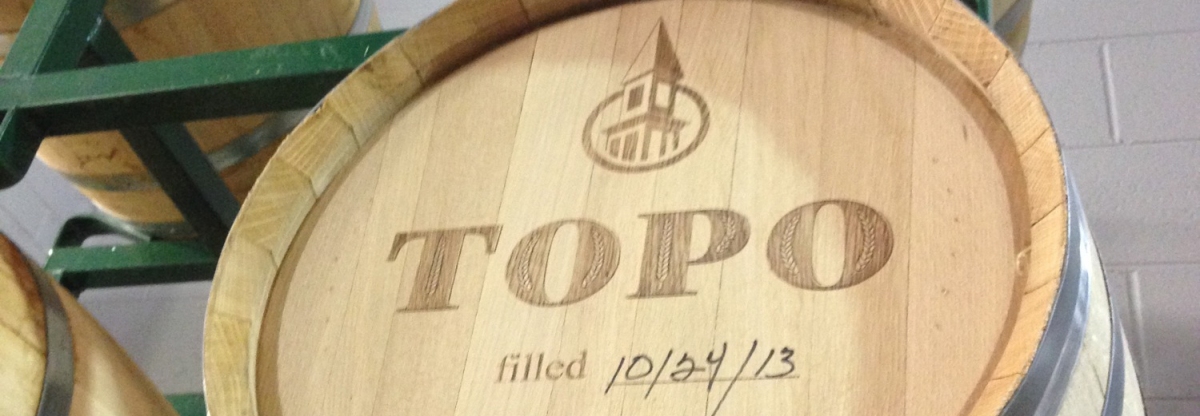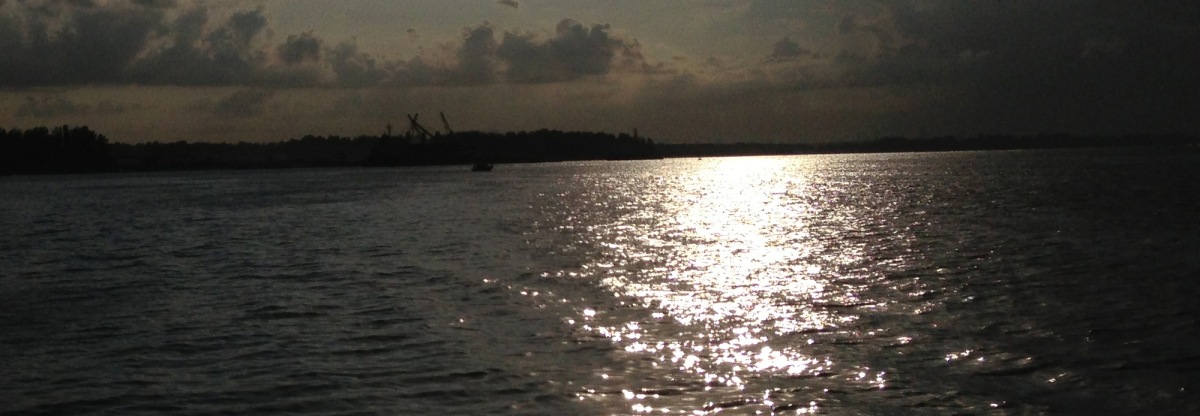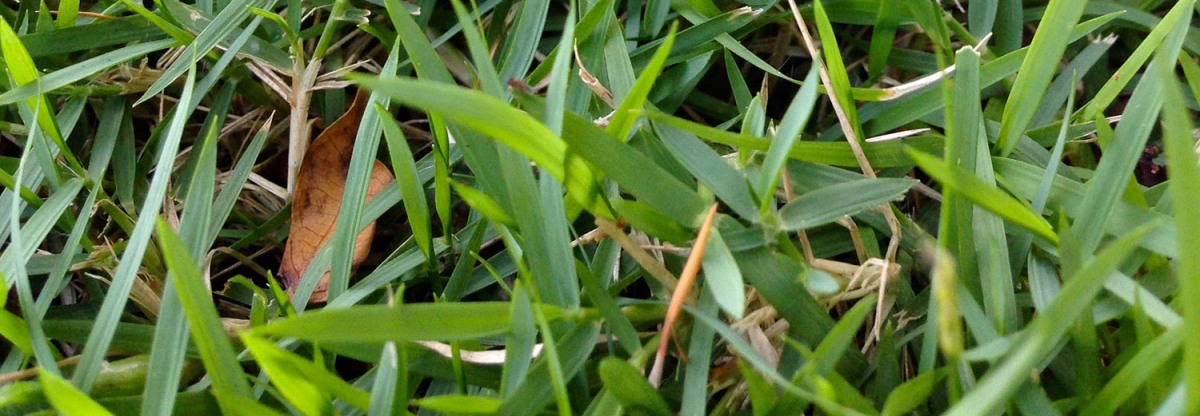First day of school. Pretty ho-hum until Chelsea shared this letter to the Straits Times with me, written by a Raffles Institution graduate (I would imagine he’s 19 this year). He argues that elitism can be good for society, and gave reasons why he felt there’s no need to veer from the “well-trodden path”.
I read the letter in disbelief, thinking that this person really personifies the kind of stereotypical “elite” who graduates from RI/RJC. Thankfully, I know better as my friends in NUS Business who have graduated from RI are nowhere like this fella.
I disagree with his overall conclusion, to the extent where I feel like putting some of my thoughts down here. One of the things I’ve been concerned about in Singapore is education. I believe in the power of education, how it levels the playing field, giving those who may not be as well off a fair chance to excel in society. Of course, in recent years, there is a perception that this leveller effect has reduced, thanks to increasingly wealthier families being able to send their young kids to (increasingly) expensive (branded) tuition classes, and the protection the Integrated Programme offers to these “bright” young kids. As PSLE scores are used to enter top junior colleges, more and more are seeing the benefits of expensive tuition and how it can help to secure their 12-year-olds for university.
Looking beyond the obvious mistakes (i.e, Singapore never had an aspiration for equity – which is the quality of being fair and impartial, not everyone doing the best they can. Singapore did however have aspirations for equality), the undertones and underlying assumptions that he points out are extremely worrying. For instance, he associates doctors and lawyers as superior to everyone else, who does ‘menial tasks’. Ouch. He has also assumed that his RI principal had highlighted the pursuit of equality during his speech, which I couldn’t find. What I drew from the speech was how the school was becoming less diverse, and how they are attracting a certain group of Singaporeans (clearly the rich and the well-off).
Then the part that made me sigh.
It is a natural consequence that students from affluent backgrounds get into better schools because their parents are likely more well-heeled and can afford better-quality education for them.
A “natural” consequence. No, no, no. It is a man-made consequence, urged on by societal pressures and norms.
To be honest, he did make valid points. I agree with him stating how elitism is the ugly side of meritocracy. That’s perfectly true, because there has be to some form of differentiation when it comes to the whole concept of meritocracy. The concept of meritocracy in Singapore is important, but it is not faultless. This I agree.
Then, the twist.
But maybe that is not a fault at all. A natural consequence that stratifies society does have its own purpose for the well-educated, critical minds to mingle together to build Singapore up to greater heights. Intelligence is an asset; and we cannot allow ourselves to prioritise equality over intelligence and equity.
Another “natural” consequence. This paragraph was such a fine display of elitism it made me look away. But the last part was so bad, I read it all up:
RI is often touted as a factory for future leaders – why would we want to draw resources away from the nurturing of our future leaders, or worse still, level the playing field?
We should relook the way we go off the well-trodden path, and ensure that we do not shake up the status quo just for the sake of doing so.
(emphasis mine)
Wow, wow, wow. Look at that amazing conclusion.
Here is a guy who probably has the “if it ain’t broke, don’t fix it” mindset. In this context, it is the “if the system benefits me, don’t fix it”. This is not the kind of leader we need in Singapore. This system worked for him because he has succeeded in entering Raffles Institution, which may or may not be a sign of intelligence (tuition – aided by parents’ financial ability – skews academic ability, which itself is a sign of, but not conclusive of, intelligence).
But does the system work for everyone? I beg to differ. There are many students out there who may be intelligent, but their parents may not be able to afford tuition. There are students who are gifted, but just not in math or science (I’m thankful for schools like the Sports School and SOTA to cater to students who are gifted in these ways). And there are the late bloomers, who may not be that academically able in primary school, but find ways to fight with the best. My friend David Hoe is one of them.
The system does not work for everyone. I’m glad there are efforts to change and improve the system. Such as NUS admitting students into its prestigious Medicine programme from madrasahs and polytechnics, and how more universities are being built to support the aspirations of a meritocratic society.
Unfortunately, I think the writer only recognises academic ability – at just the PSLE and then the GCE ‘A’ levels – as a benchmark for intelligence. And how the “intelligent” (in his definition) should be given the chance to “mingle” and build Singapore up to greater heights. As if our nation only depends on the work of our political leaders, as if building the nation is only reserved for the elite.
For all its flaws, I’m thankful The Straits Times has decided to publish this letter (albeit online only). It helps to illustrate Mr Chan Poh Meng’s (principal of RI) point in his speech:
Are we able, as a school, to help our students look beyond narrow class-based interests?
Clearly, Mr Chan has his work cut out for him!
Postnote: As an accounting student, I can’t help but think about how he perceives equity – or, in the accounting sense, net assets – as an important aspiration.












